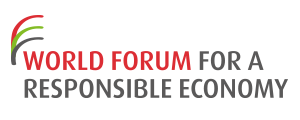CEMEX is the world's largest building materials supplier and third largest cement producer. Founded in Mexico in 1906, the company is based in Monterrey, Mexico. CEMEX has operations extending around the world, with production facilities in 50 countries in North America, the Caribbean, South America, Europe, Asia, and Africa.
CEMEX has a rich history of improving the well-being of those it serves through its efforts to pursue innovative industry solutions to promote a sustainable future. While the building materials industry satisfies essential shelter and infrastructure needs, CEMEX works to minimize the negative local and global impacts of their operations on people and the world, such as workplace- related fatalities and incidents, air emissions, noise and vibration, and impacts on the land from the extraction of raw materials.




